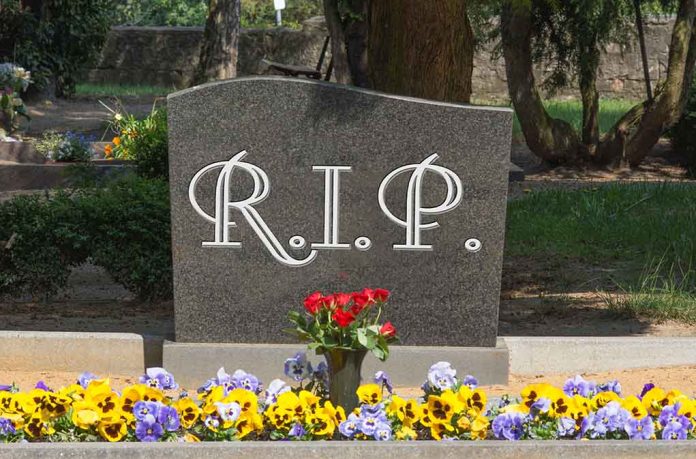
(UnitedVoice.com) – A Maryland Navy veteran who underwent a trailblazing experimental surgery on September 20 passed away unexpectedly, less than six weeks after the procedure. The man hadn’t been a candidate for a donated human organ, so he volunteered to have his dying heart replaced by one grown in a genetically modified pig. Doctors were cautiously optimistic, but the experiment ultimately ended in tragedy.
Lawrence Faucette, who had served in the US Navy for 20 years, found himself living on borrowed time at just 58 years old. He had end-stage heart disease, but doctors refused to put him on an organ donor list because he also had peripheral artery disease and internal bleeding issues. The experimental pig heart was his only option. The patient and his wife were both aware of the risks going in, expressing gratitude for the fighting chance to buy themselves even a little more time together.
The FDA explains that the use of animal cells or organs, or xenotransplantation, could someday make transplants available to far more people in need than current human donor methods allow. Rejection has been a major hurdle against the effort, as has the possibility of patients contracting unforeseen infections from donor animals. Retroviruses, which can remain dormant for years and reactivate at any time, are a particular concern. Researchers have been genetically modifying pigs to create organs that are closer to those of humans in the hopes of eliminating at least one of the threats.
Faucette’s transplant appeared to be going well. Doctors attempted on October 20, one month after his successful surgery, to take him off the medications they had been using to support his donated heart’s functioning. The organ appeared to work normally on its own, but signs of rejection soon surfaced. He died on October 30.
Xenotransplantation is still in the early experimental stages, but researchers are hopeful that advances in the technology will open the doors to breakthroughs that could eventually save hundreds of thousands of lives.
Copyright 2023, UnitedVoice.com






















